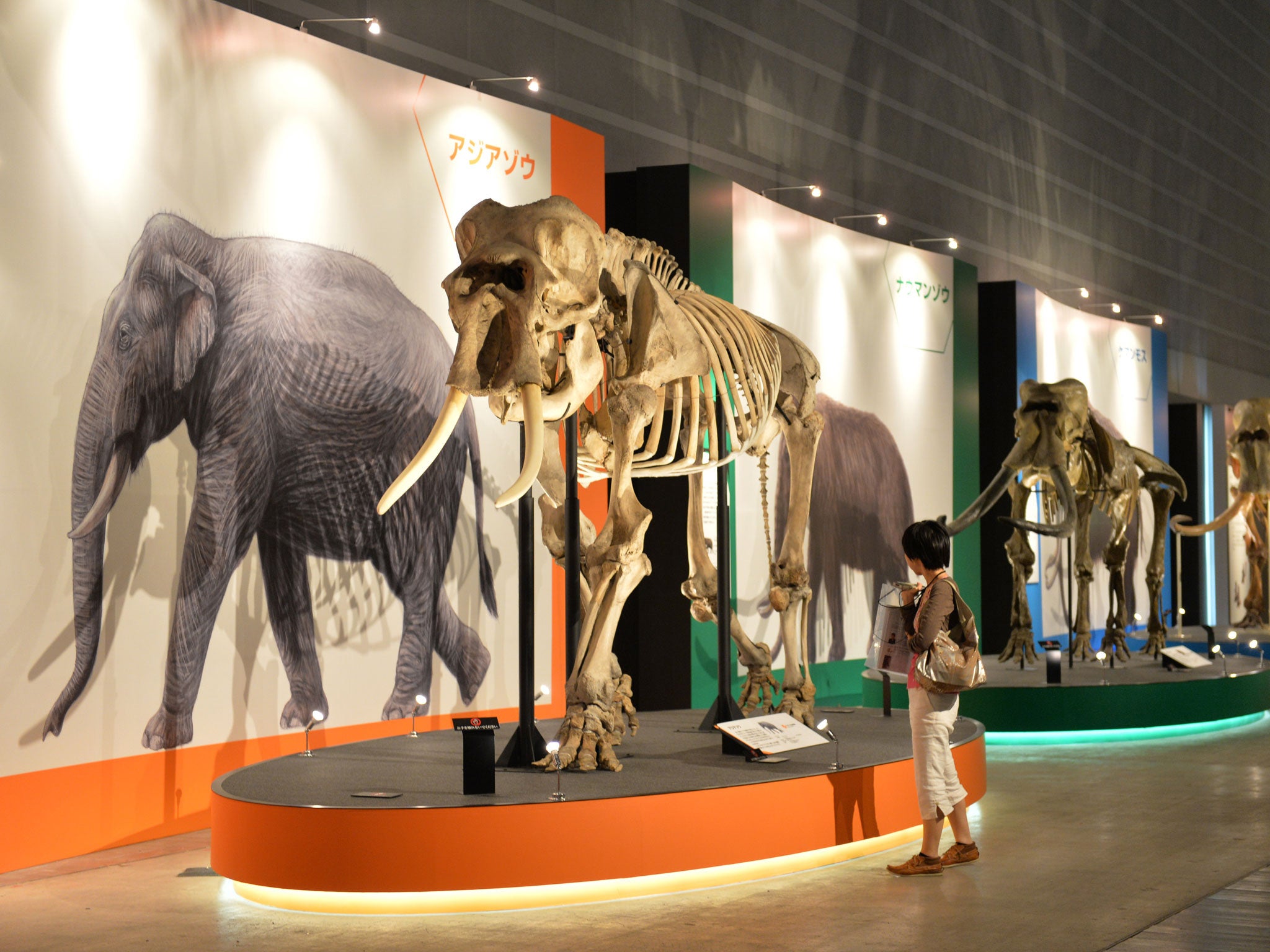Christmas 2015: The 6 best books in science
Here are some of 2015's finest books to fire the imagination, engage the grey matter and invigorate the spirit over the festive period

This is a great age for both biology and its popular exposition, and writers are necessary to distil meaning from the arcana of gene interactions uncovered by researchers. Nick Lane is both researcher and communicator, and his The Vital Question (Profile, £25) is about the origin of life. He expertly marshals the hard evidence from genomics and biochemistry to demonstrate the first detailed plausible mechanism, focusing on the energy reactions that power living cells. The Vital Question is more than a good book; it is the opening of a new phase in our understanding of life.
There are some sketchy stereotypes about genes that will take some dispelling: DNA is a sculpted double helix of crystalline perfection; it makes the proteins that do all the work for living things; there's a gene for this and a gene for that...It's all true – but only up to a point ("genes for" is seriously misleading). Two books bring us up to pace on the new knowledge of genetics, and it's much more complicated and interesting than the thumbnails. John Parrington's The Deeper Genome: Why There is More to the Genome than Meets the Eye (OUP, £18.99) and Nessa Carey's Junk DNA: A Journey Through the Dark Matter of the Genome (Icon, £9.99) inevitably cover some of the same ground, but I recommend both for a stereoscopic view.
Our growing understanding of the deeper genome will inevitably give us the power to modify it. The question of editing human genes is deeply controversial, but it is still only notionally possible. Ahead of it in the queue is the idea of "de-extinction": the possibility of using gene editing to resurrect a lost species – a Jurassic Park fantasy come true. Beth Shapiro's How to Clone a Mammoth: The Science of De-Extinction (Princeton University Press, £16.95) picks the ice-age behemoth as the most likely candidate, for good reasons. The mammoth is a larger tundra-adapted elephant and bringing it back could be highly beneficial ecologically.
At the heart of Steve Silberman's Neurotribes (Allen & Unwin, £16.99), winner of the 2015 Samuel Johnson Prize for Non-fiction, is the blanket misdiagnosis of autism by the psychiatrist and physician Leo Kanner, who demonised "refrigerator parents" for a condition that had genetic roots. Inspired by the late neurologist Oliver Sacks (who contributes a foreword), Silberman sheds a sage and humane light on a much-misrepresented aspect of human nature, rescuing the legacy of the gifted and afflicted alike from a tragic history of miscomprehension. One autistic boy's case history, he writes, "could be the biography of practically anyone destined to become a successful entrepreneur in Silicon Valley".
The last book is the wild card – a slim poetic meditation by Carlo Rovelli: Seven Brief Lessons on Physics (Allen Lane, £9.99). Rovelli belongs to a great Italian tradition of one-culture science writing that encompasses the Roman poet Lucretius, Galileo, Primo Levi and Italo Calvino. The physics here is comprehensible and limpid, and Rovelli gives it an edge through his clear-eyed humanistic interpretations.
Join our commenting forum
Join thought-provoking conversations, follow other Independent readers and see their replies
0Comments